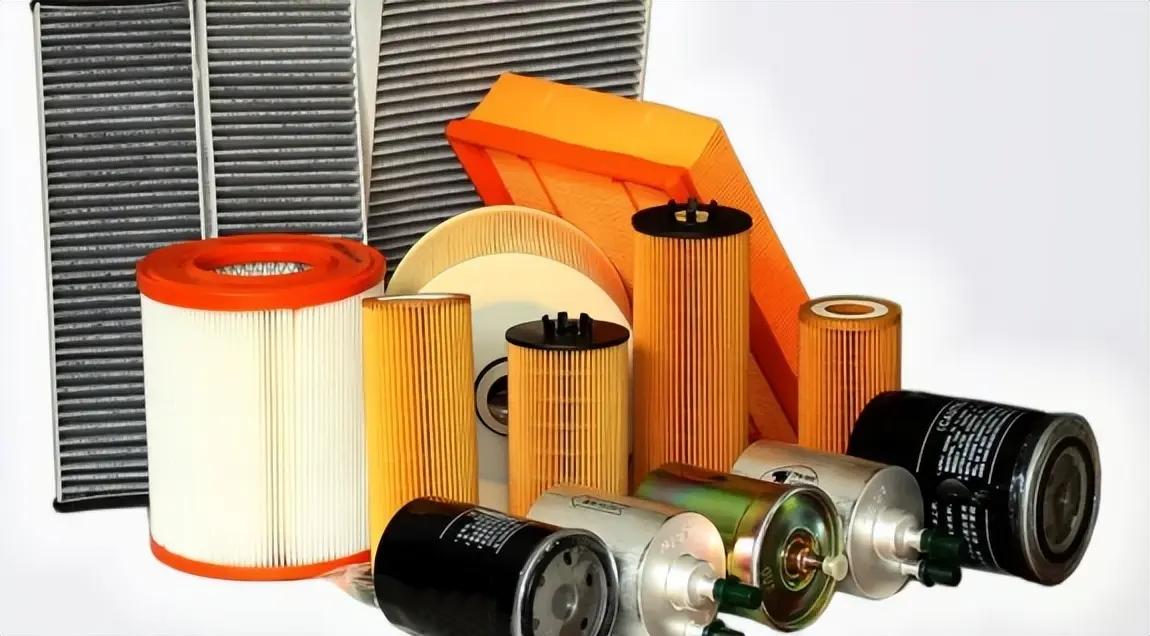New Automotive Filtration Materials: Advantages and Applications
Introduction:
The automotive industry has witnessed a remarkable evolution in recent years, driven by the relentless pursuit of improved performance, efficiency, and environmental sustainability. At the heart of this transformation lies the development of innovative filtration materials, which play a crucial role in enhancing the overall performance and reliability of modern vehicles.
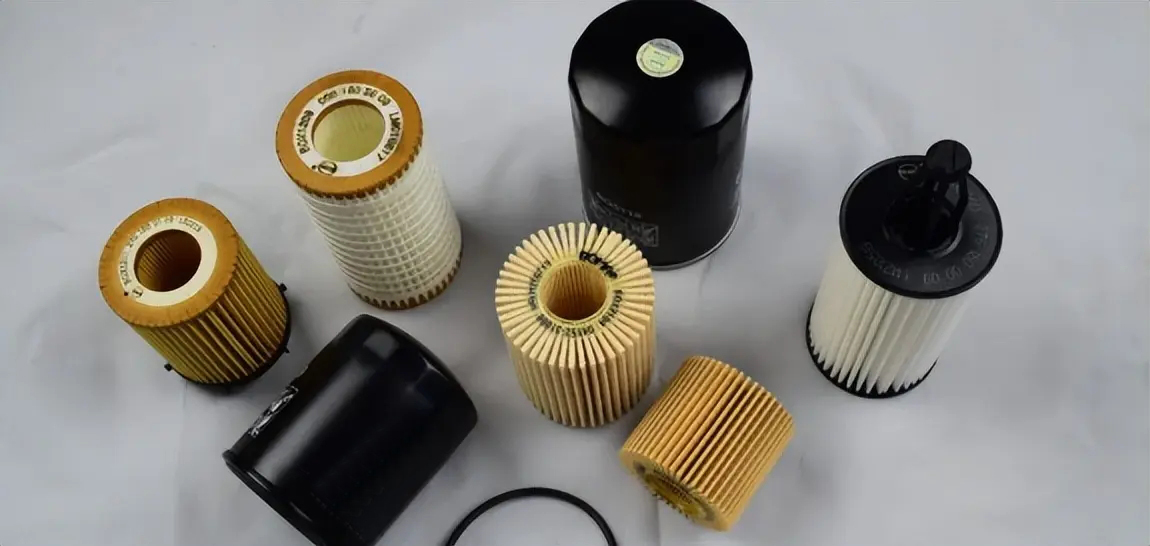
Advantages of New Automotive Filtration Materials:
1.Enhanced Filtration Efficiency:
The latest advancements in filtration technology have led to the creation of materials that can effectively trap a wider range of contaminants, ensuring that the engine, transmission, and other critical components receive cleaner fluids and air, thereby improving overall system performance and longevity.
2.Reduced Maintenance Costs:
The improved filtration capabilities of these new materials can extend the service life of various automotive components, reducing the frequency of filter replacements and lowering maintenance costs for vehicle owners.
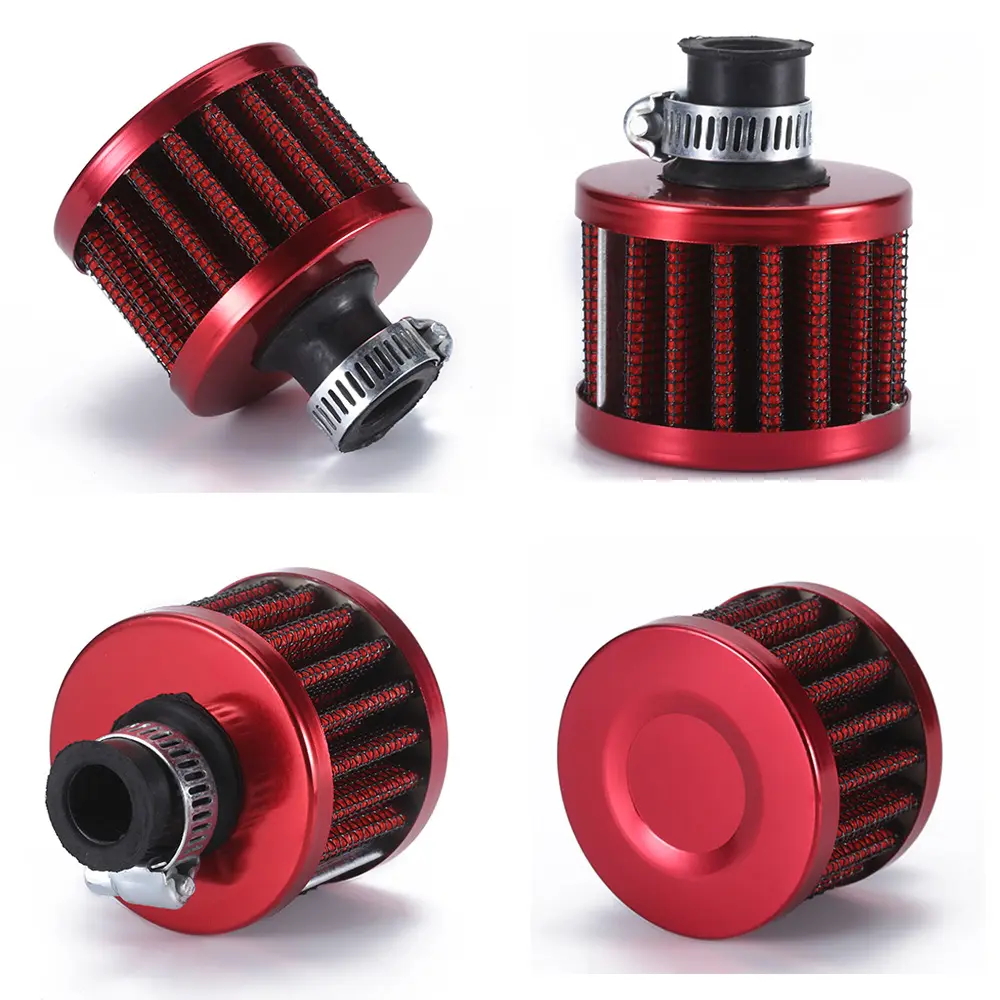
3.Improved Fuel Efficiency:
By optimizing the flow of air and fluids through the vehicle’s systems, the use of these advanced filtration materials can contribute to enhanced fuel efficiency, delivering tangible cost savings for drivers.
4.Environmental Benefits:
Many of the new filtration materials are designed with environmental considerations in mind, incorporating sustainable and recyclable components that minimize the automotive industry’s carbon footprint.
Applications of New Automotive Filtration Materials:
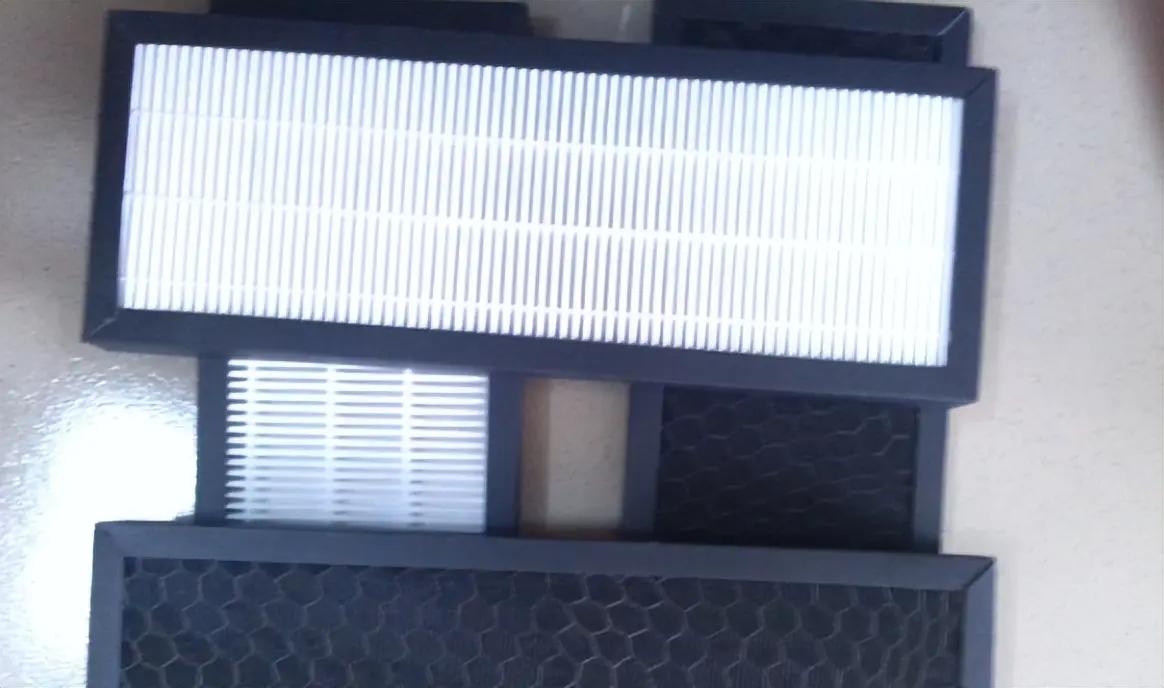
1.Engine Air Filtration:
Advanced air filters utilizing high-performance materials can effectively remove particulate matter, ensuring the engine receives clean air for improved combustion efficiency and reduced wear on critical components.
2.Fuel Filtration:
Sophisticated fuel filters with enhanced contaminant-trapping capabilities help protect the fuel system, including the injection components, from harmful impurities, enhancing overall engine performance and reliability.
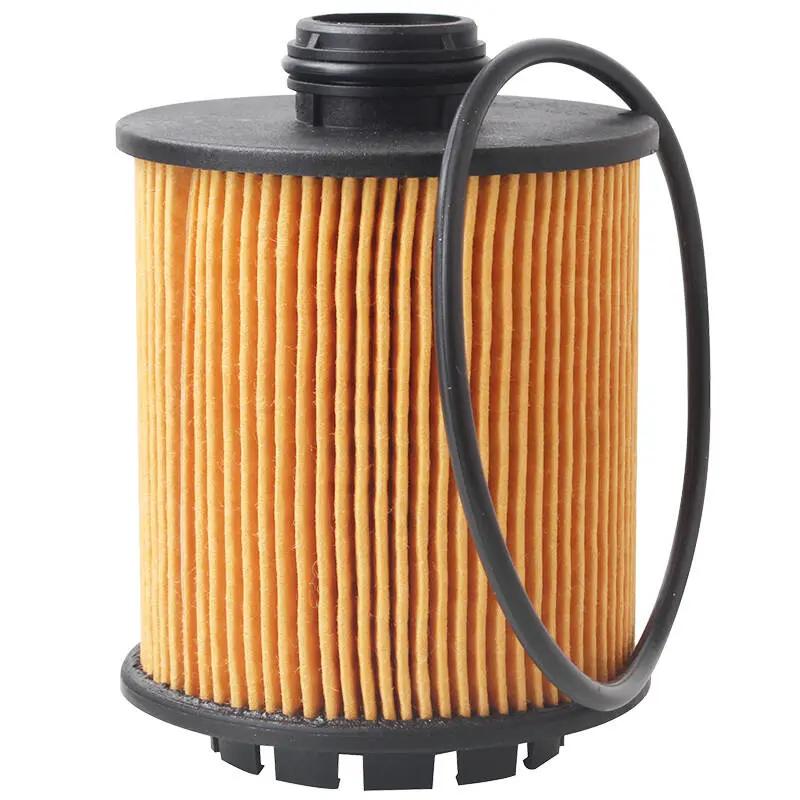
3.Transmission and Hydraulic Fluid Filtration:
Specialized filtration materials designed for transmission and hydraulic systems can extend the service life of these fluids, reducing the need for frequent replacements and contributing to the overall longevity of the vehicle.
4.Cabin Air Filtration:
Innovative cabin air filters incorporate advanced materials that can capture a wider range of pollutants, including fine particulates, pollen, and even odors, improving the air quality within the vehicle and enhancing the driving experience for occupants.
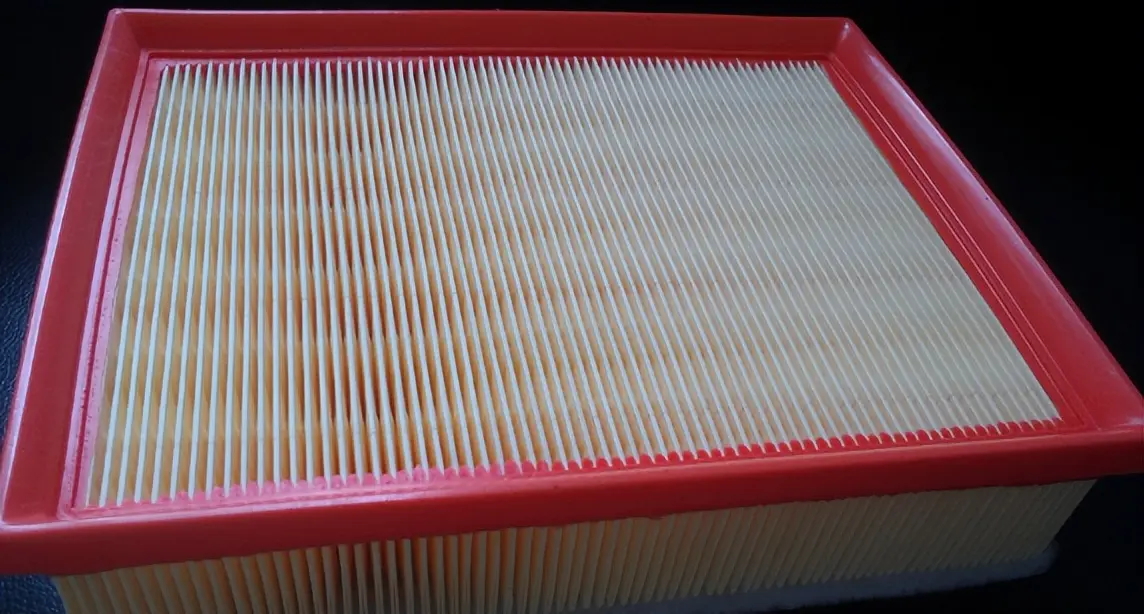
Conclusion:
The development of new automotive filtration materials has been a game-changer for the industry, offering a multitude of advantages that include improved performance, reduced maintenance costs, enhanced fuel efficiency, and environmental benefits. As the demand for more sustainable and advanced automotive solutions continues to grow, these innovative filtration technologies will play an increasingly crucial role in shaping the future of the automotive landscape.

